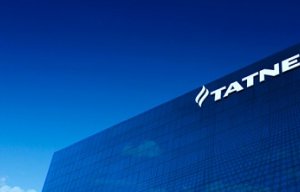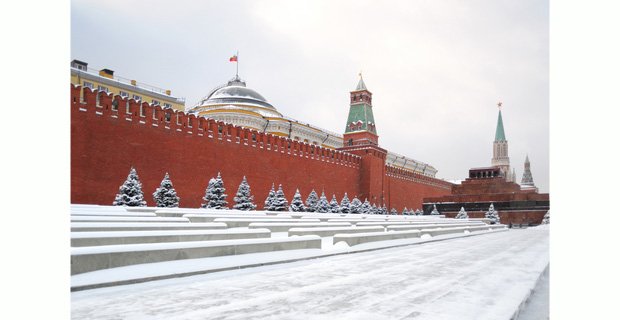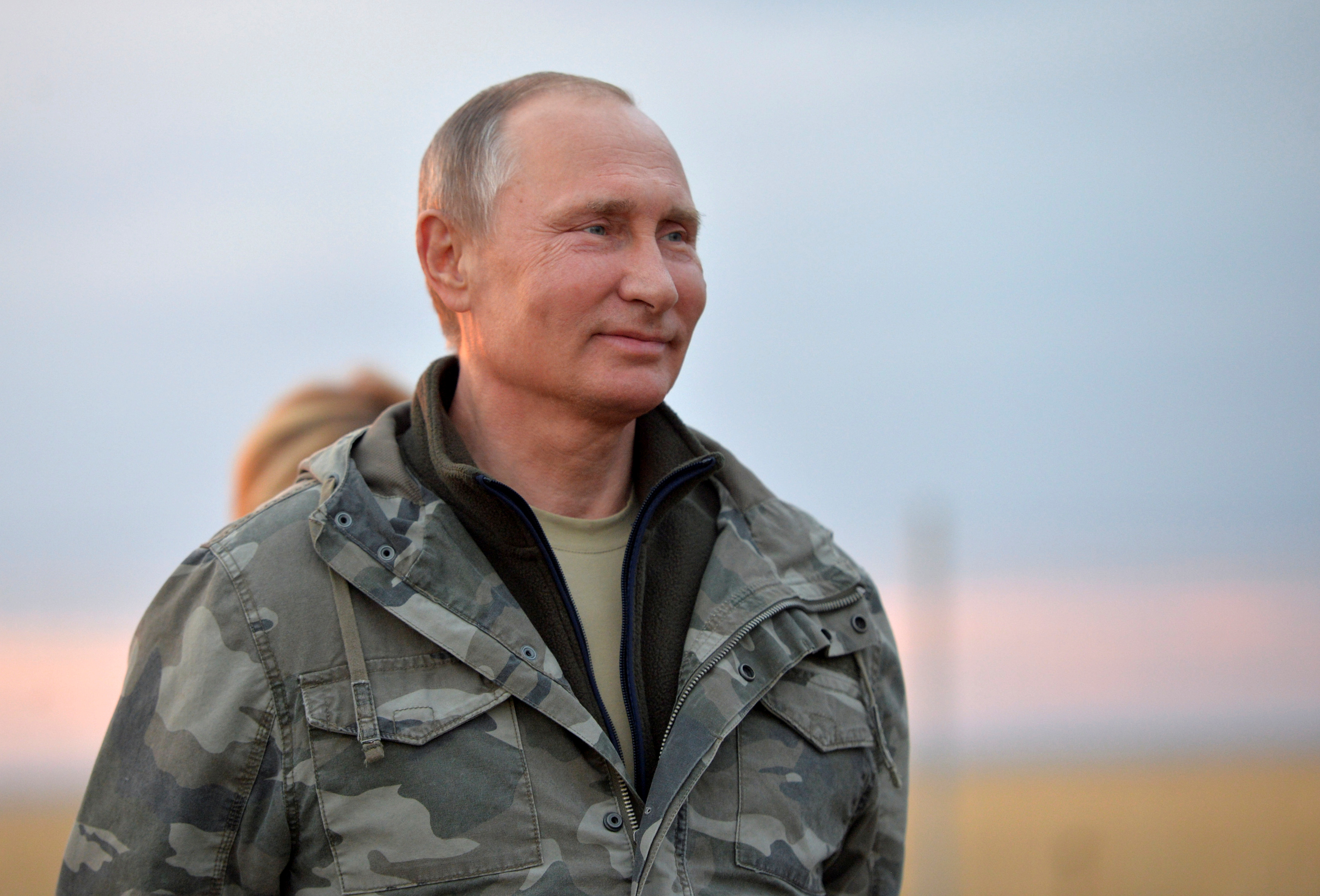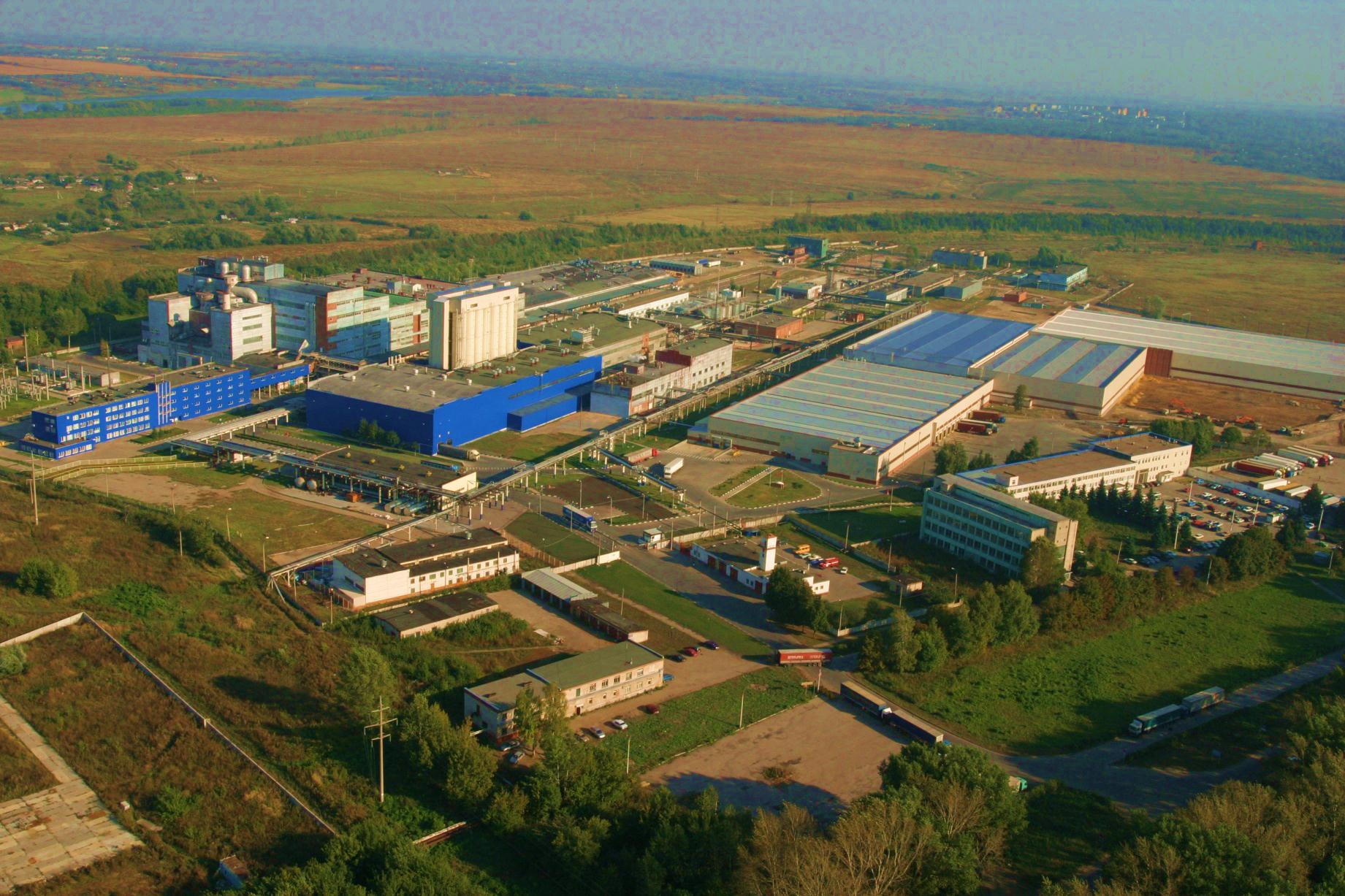
Tatneft to establish first composite cluster in Russia
The bill poses a serious threat to their business in Russia, according to the producers and senior officials from the Russian Presidential Administration.

11th June 2018
Innovation in Textiles
|
Moscow
Foreign producers of technical textiles and nonwovens, operating in Russia, have called on Russian President Vladimir Putin to block a new, controversial federal bill, which was approved last week by the Russian Parliament State Duma. The bill poses a serious threat to their business in Russia, according to the producers and senior officials from the Russian Presidential Administration.
The newly approved bill has introduced criminal responsibility for the observance of sanctions, which were imposed against Russia by the US and the EU, for all producers from the US and the EU, operating in the Russian market. The new law means producers will have to be cautious whilst conducting business in Russia and will have to at least avoid securing long-term contracts with their local suppliers and other Russian partners.

Currently all technical textiles and nonwovens producers, operating their own production facilities in Russia, have a wide range of local suppliers, sourcing most of their raw materials for their Russian production locally. This is mainly because the majority of these companies have been working in Russia for almost 30 years and have strong business, political and economic connections in the country, both with federal and regional authorities.
As a rule, due to a traditional monopolies situation in the Russian economy, many of these suppliers are controlled by large vertically integrated holding companies (large corporations such as Rostec, some subsidiaries of which, have business relations with Western nonwovens and technical textiles producers, operating in Russia) whose top management and shareholders are on the sanctions list of the US and the EU.
In accordance to the newly adopted Russian legislation, refusal to cooperate with these suppliers, due to their presence in Western sanctions’ lists, will result in the initiation of criminal proceedings for foreign producers. In other words, any company from the US blacklist can force any business to deal, threatening partners with a complaint to the law enforcement agencies.
In a joint statement, representatives of producers, mainly from Germany, as well as US majors such as P&G, Kimberly Clark, specializing in the production of consumer goods based on nonwovens, such as diapers and feminine care products, said: “The adoption of this bill is categorically intolerable. It will increase administrative pressure on the business and contradicts the position of the Russian president, who is against excessive criminal liability for entrepreneurs.”

The producers’ statement lists several risks that the bill carries - violation of the sanctions regime threatens with secondary sanctions from the US and the EU, while following Western sanctions in Russia will be punished within the territory of the country by local authorities.
Threat to textile machinery suppliers
In the meantime, the new law also poses a threat to Western manufacturers of machinery who supply Russian technical textiles and nonwovens producers, as their refusal to supply their products to any Russian company from the sanctions list of the EU and the US may result in the initiation of criminal proceedings against them in Russia. That may force these companies to suspend cooperation with their Russian partners and leave the market.
At the same time, the latter will have a catastrophic effect on the entire industry of innovative textile materials in Russia, which depends on high-quality Western machinery for their production facilities. Currently the majority of high-tech machinery and equipment for the needs of Russian producers comes from Germany and Netherlands, and a small amount from the US and Canada.
Threat to Russian state security?
The potential suspension of cooperation with Western machinery producers may even pose a threat to Russian state security – the Russian military is a large consumer of hi-tech textile materials. According to the Russian legislation, the supplies of imported high-tech textiles for the needs of the country’s aerospace, defence and other strategic industries is prohibited, however the ban does not apply to domestically-produced products on the basis of Western technologies and equipment.
The draft law introduced a prison sentence of up to four years and a fine of up to 600,000 Rubles (US$10,000) for the execution of sanctions against Russia within its territory, as well as up to three years and up to 500,000 Rubles for actions that lead to the introduction of new sanctions.
Interpretation and explanation
Sources close to producers have also added that the articles of the new law are extremely vague, which create conditions for their loose interpretation and explanation. In addition, according to the same sources, the new legislative amendment will negatively affect the level of competition in the local market, providing serious competitive advantages to domestic rivals.
In contrast to the domestic technical textiles and nonwovens industries, where in recent years the share of domestic producers has significantly increased, the majority of Russian consumer goods based on nonwovens, is still controlled by foreigners.
Currently the share of global majors in the Russian diapers’ market is estimated at 90%, the same as ten years ago. This is negatively accepted by some local producers – major competitors, who historically hoped to undermine domination of some US and the EU companies.
In the meantime, an official spokesman of the Russian Presidential Administration said they have already received a petition from producers, which is expected to be considered during the next two weeks, with a final decision, expected to be taken by this time.

Business intelligence for the fibre, textiles and apparel industries: technologies, innovations, markets, investments, trade policy, sourcing, strategy...
Find out more